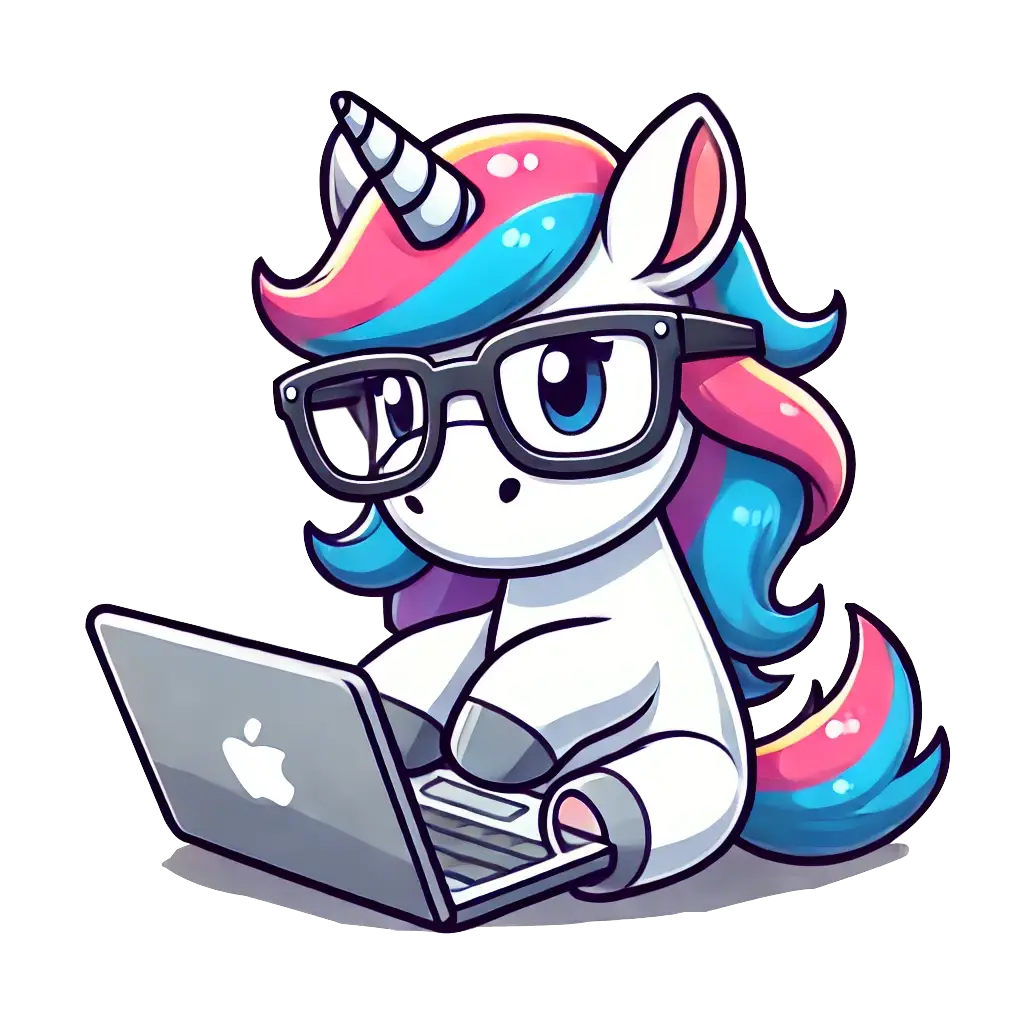Deliberate downtime

Software Engineering Team Lead and Director of Cloudsure
"Do you really squeeze more productivity out of yourself by powering through your weariness?", Caroline Webb
To make good decisions you need your mind to be fresh. If you keep grinding through tasks, your brain gets tired and can go on auto-pilot. This can impact your focus, productivity, decision making and mood.
Do you really squeeze more productivity out of yourself by powering through your weariness? ~ Caroline Webb
Ferris Jabr wrote "research on naps, meditation, nature walks and the habits of exceptional artists and athletes reveals how mental breaks increase productivity, replenish attention, solidify memories and encourage creativity."
We can't always achieve these things in our daily working hours however there are a some things we can do to take deliberate downtime for mental replenishment.
Sabbaticals
I had the opportunity to work with an amazing woman who took a year sabbatical to South America after finishing a string of large projects. She needed the break. This is a great way to recharge your mind and body as well as change your perspective on life. Unfortunately we don't all have this luxury in our lifetimes.
If you are changing your job and have enough money to take some time off in between jobs then you can mentally prepare yourself for your next challenge. Even if it's as short as a week or two.
Vacations
If you are on a payroll, then you get offered a certain amount of leave each year. Make sure to take it. It's important.
Earlier this month, my husband and I went to Mauritius for 7 days for a wedding. It was my first island experience and I have been wanting to go there for years. This was a great opportunity for me to switch off from the world and relax.
In my experience software developers are on standby almost all the time. This makes taking leave and actually relaxing somewhat troublesome. I didn't want to feel anxious throughout my vacation so this is the advice I can give you:
-
Make your leave visible in advance
We have a leave calendar on our wall so that everyone in the team can see when leave has been taken to aid with planning work for the upcoming sprint. -
Tie up lose ends before leaving
Go on leave knowing that you have done your best to tie up lose ends. If you have a task in progress, make sure that it is either finished or someone else knows how to continue the task without you. If you don't, you will worry about it the whole time you are away. -
Create an automated Out Of Office reply
As simple as it sounds, it's very easy to forget. People who email you need to know that you are out of the office.Direct them to other people they can get in touch with while you are away. Mention when you are back in the office so that they are aware and can make decisions around that information.
-
Cancel your meetings
Make sure that you cancel your meetings before going on leave. Not everyone will know that you are away. -
Switch off all notifications
I made sure my phone didn't spam me with all sorts of notifications and emails while I was on my trip. My phone was on silent most of the time. I didn't enable roaming.I allowed myself a few moments on some days to check Whatsapp for any dire cases but only one occurred and the team was on it.
-
Remember, the world goes on without you
When something breaks and you form part of a team where you are not a key person dependency, you can reward yourself with deserved downtime. -
Relax
There were all sorts of activities I could do to fill up my days. I didn't want to come back tired and exhausted so I made sure to commit to only a few activities and enjoy every moment of my stay—busy or not. I came back happy, relaxed and calmer.
Weekend getaways
Smaller getaways can be taken throughout the year that don't necessarily require any leave.
- Inspect your calendar for long weekends throughout the year.
- Make a note of these breaks well in advance.
- Try to schedule a camping trip, road trip, hiking, B&B or some other getaway if your finances allow for it.
- If you can't afford something, try to do something you don't ordinarily do just for a different experience.
- Try not to feel busy. This could overload your mind and make you feel like you are not getting any rest.
Evenings
When you get home, make some time for yourself. Spend some time with your friends and family. Read a book. Do something different. Put your passion aside for a bit and make some time for your life.
Schedule some time throughout the week to upskilling, blogging or working on a passion project but don't let it consume you.
As cliché as it sounds, you really only have one life. Find your balance so that you don't burn out.
Breaks
Taking breaks in your working day is more sustainable as they cost you nothing but a little bit of time.
If you are stuck on a problem or have just completed a task, be sure to take a break. Even if it's just 5 to 10 minutes. Caroline Webb suggests that one should take a break after every 90 minutes of work.
The break should be away from your desk and should allow your mind some time to replenish. What you do in your break is up to you but here are some suggestions:
-
Breathe
Especially if you are feeling agitated. Take a few deep breaths to calm down and settle your mind. -
Go for a walk
Go outside to get some fresh air. Walking offers a form of exercise and going outside offers a nice change of scenery depending on where you work.If outside doesn't work for you (pollution / not safe / cold) then just walk somewhere else in the building. Take stairs. Go for coffee. Just do something else away from your desk that doesn't offer a negative side-effect.
-
Write/Draw something
If you are struggling with something, go sit somewhere away from your desk. Map out what you are doing on paper. Visualizing the problem could illustrate possible solutions that you couldn't see before. -
Talk to someone
Walk to someone and talk to them about the problem you are working on. Listen to what is said objectively. Suggestions don't need to be implemented but they may contain insights that you may not have thought of before in your mentally clouded state. -
Reflect
Give yourself time to reflect after completing a task. Knowing what you know now, what would you do differently in the future? -
Lunch
Try not to eat lunch at your desk. Take time to eat lunch with your colleagues and find yourself talking about interesting conversations.
A break should not be to waste time or escape something critical but rather to boost your mind and productivity. Experiment until you find the thing that boosts yours.
My final thoughts
Downtime is essential. Relaxation is important. Burn out is real.
If we allow all the superficial stress that can build up in our professional lives to build up, then we will indeed experience it.
Whether it is as simple as a break or a little long term as a vacation or sabbatical, find ways to keep replenishing your mind.
References
- Reading How to Have a Good Day by Caroline Webb. You can get it from Amazon, Google Play, iBooks, Takealot.com, anywhere else online or your favorite book store.
- Why Your Brain Needs Downtime by Ferris Jabr.
- We stayed at Zilwa Attitude Resort in Mauritius.


